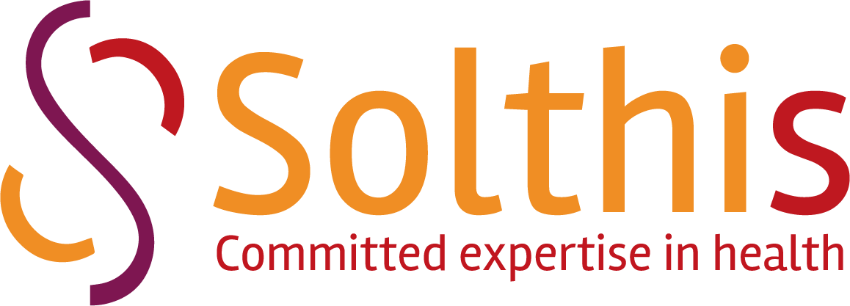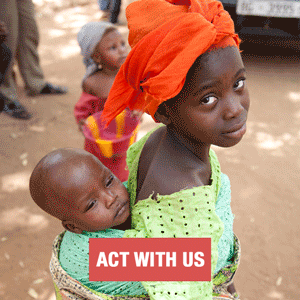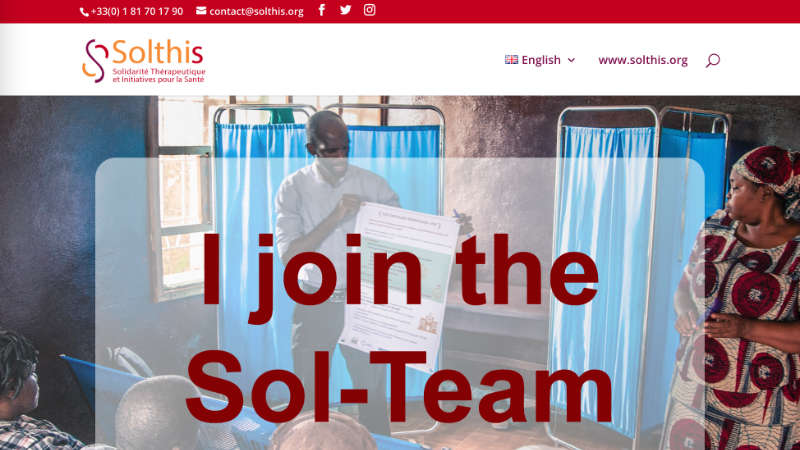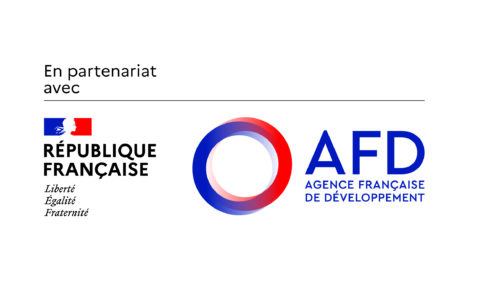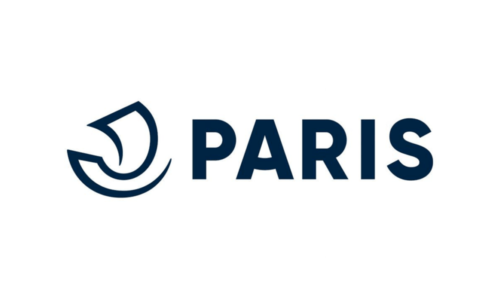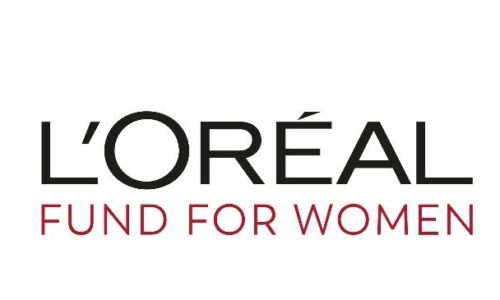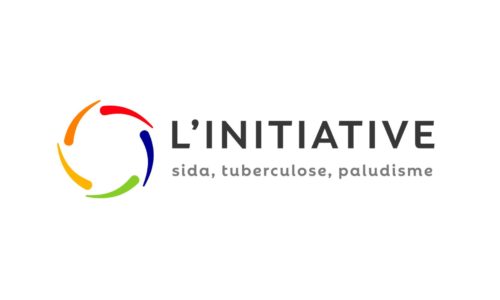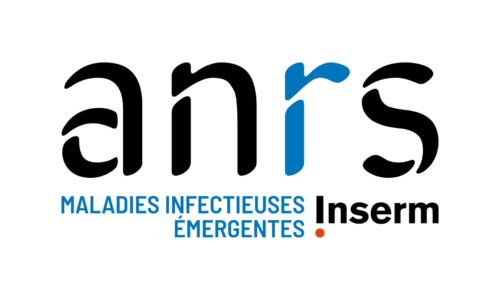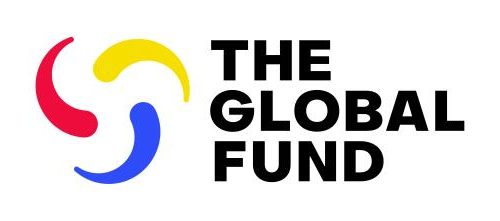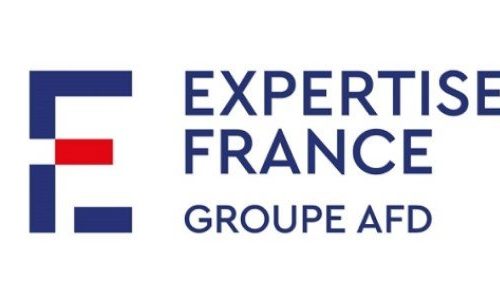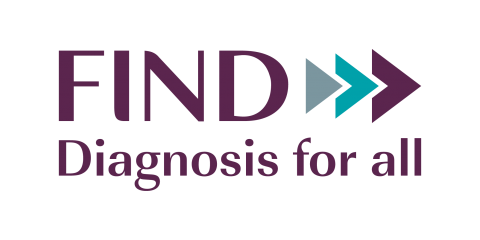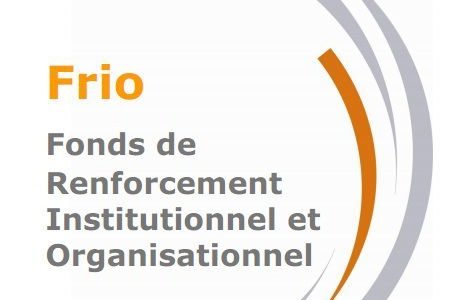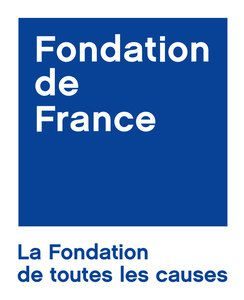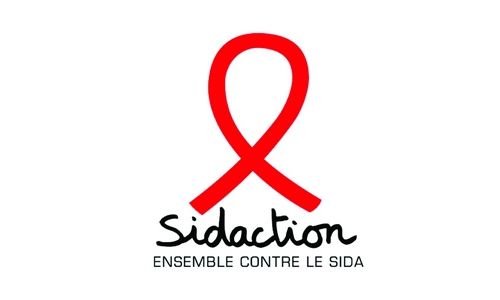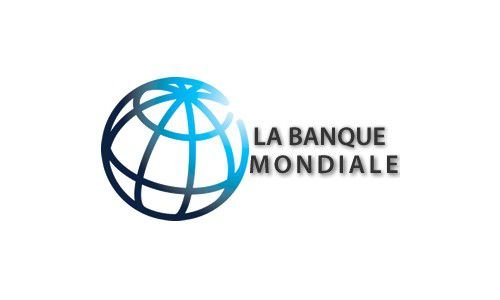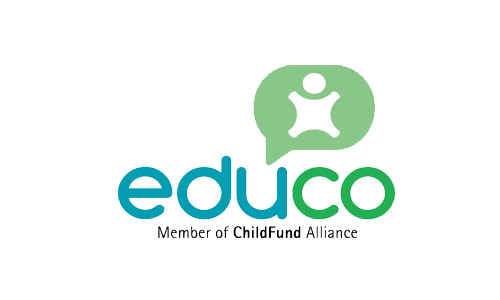Continuity of care in Ebola context, prevention and control of infection in hospital environments in Guinea
GUINEACAPACITY BUILDINGHEALTH PRODUCTS AND PHARMACEUTICAL SYSTEMSTRENGTHENING SYSTEMS AND HEALTH SERVICESFighting HIV / AIDSFighting tuberculosisInfectious and emerging diseases
The Issues
Guinea is one of the three countries most affected by the Ebola epidemic along with Sierra Leone and Liberia. Aside from the people infected with the virus, the Ebola epidemic has caused the disorganisation of the whole health service which has impacted access to healthcare for the entire population. Continuing healthcare for people living with HIV/Aids, tuberculosis and malaria has been particularly affected. There has been an increase in the number of patients lost to follow up, low blood stocks and a lack of personal protection equipment (PPE) for Ebola.
It is, therefore, an urgent requirement to put in place measures to bring patients back in to the health care system and ensure the safety of carers and patients within the health care system.

Project Start: January 2015
Project Area: Guinea
Financial Source: 5% Initiative piloted by Expertise France on behalf of the Minister for International Foreign Affairs and Development
Recipients: PNPCSP (National Programme for treatment and prevention of STIs/HIV/AIDS), CNLS (National Committee for the Fight Against AIDS), National Directorate of hospital and care establishments, National Directorate of Health, National Institute of Public Health, Regional, community and prefectural directives, care structures, members of patient associations.
Objectives
To limit the impact of the Ebola epidemic on continuing healthcare for HIV/Aids and tuberculosis in Guinea.
Activities
Maintain continuity of care
- The establishment of a meeting space for follow ups so treatment can be continued without interruption.
- The establishment of support for carers to adapt care for patients whose treatment has been interrupted.
Strengthen key elements of the healthcare system
- Collect and analyse data on a national and site level to evaluate the impact of the Ebola epidemic on continuing HIV care.
- 3 months of support for pharmacists at care sites to help manage stocks of ARV drugs for the purposes of distribution.
- Technical assistance at the Central Pharmacy in Guinea for ARV stock management.
- Technical assistance near the Central Pharmacy in Guinea for on-site pharmacists to ensure the availability of protection equipment in the HIV and Tuberculosis units.
- Provide necessary materials to healthcare centres.
Ensure the security of carers and patients at healthcare centres
- Needs analysis regarding infection prevention.
- Development of a plan for the prevention of Ebola adapted to each centre.
- On-site training for the healthcare team.
- Health teams to train centre staff about precautionary measures.
- Follow up on the implementation of preventative measures against infection.
- Training of laboratory personnel to strengthen the competency of the laboratory in terms of hygiene and waste management.
Reintroduce patients that are said to have been “lost to follow-up”
- Create a method to search for and identify those lost to follow-up.
- Identify 2 health workers and two members of patient associations within each health centre to be responsible for actively searching for those lost to follow-up.
- On-site training for those looking after the search for patients lost to follow-up.
- Coordination and follow-up evaluation of the implementation of the research programme for patients lost to follow-up by the regional coordination of CNLS and the regional arms of the associations.
Scientific research
Solthis has contributed to the creation of the JIKI trial, a therapeutic trial to monitor the effectiveness of Favipiravir on patients infected by Ebola, lead by the National Institute of Health and Medical Research (Inserm), the Alliance for International Medical Action, Doctors without Borders and the Red Cross, by facilitating its implementation in the field thanks to the team based in Conakry.
We wanted to document, thanks to patient data gathered on site, the impact of the healthcare crisis on patients receiving ARV treatment visiting the Donka National Hospital at Conakry (Guinea), in particular the rate of patients lost to follow up. This study has allowed us to present an abstract for the annual CROI 2015 conference and a project for submission to the Lancet.
Results
- The protection of carers and patients with regard to the Ebola virus is assured in 23 health centres and in particular for HIV and tuberculosis services
- The HIV care offering is adapted to the Ebola situation (active search for missing patients, meeting centres, management of interruptions to treatment, analysis of the impact of Ebola)
This crisis has highlighted the need to reflect on reconstructing and improving the healthcare systems in the 3 countries affected by the Ebola virus: reinforce the national capability for surveillance and diagnosis of future epidemics; relaunch essential health care services; invest in human resources for health and further improve health information systems and provisions.
The WHO and a collection of international bodies including the World Bank and the EU are supporting these countries through this process. Solthis participates in working groups in Guinea and Sierra Leone that are planning to reconstruct healthcare systems on a national level.
This English translation has been possible thanks to the PerMondo project: Free translation of websites and documents for non-profit organisations. A project managed by Mondo Agit.
Translator: Michelle Houghton; Proofreader: Matt Hattam.
Associated contents
JIKI TRIAL – Favipiravir Ebola Guinea – Publication in PLOSmedicine
2016 | Research papers
GUINEAOPERATIONAL RESEARCHInfectious and emerging diseases
The INSERM and other partners of the JIKI trial, among which Alima, Doctors w/borders, the Red Cross published a research paper in PLOSmedicine : see this publication The JIKI clinical trial seeked to test the effectiveness of Favirapir among people infected with the Ebola virus in Guinea. Solthis is pleased to have been able to participate in a modest degree to this project by facilitating the achievement of this trial on the spot through its team based in Conakry.
Download resources